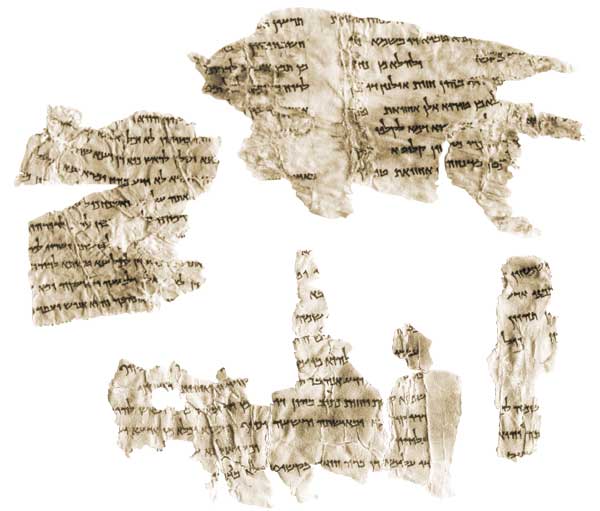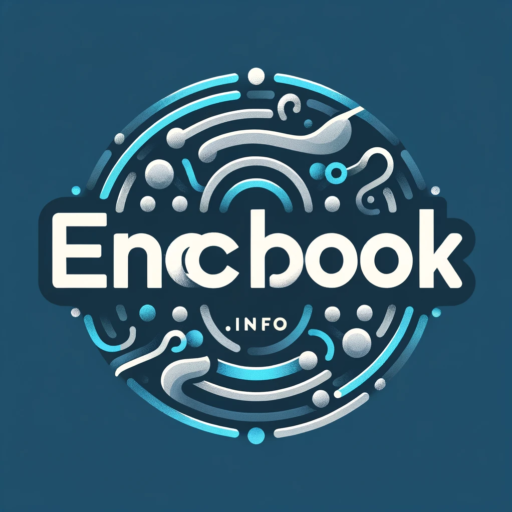- Unveiling the historical context of The Book of Enoch and its disappearance from the mainstream biblical canon.
- Illuminating the discovery of the Dead Sea Scrolls and the fragments of The Book of Enoch found among them.
- Examining the significance of The Book of Enoch’s themes and its correlations with ancient Jewish mystical traditions.
- Exploring the impact of the Dead Sea Scrolls on our understanding of Second Temple Judaism and early Christianity.
- Looking into the scholarly debates surrounding the authorship, dating, and cultural influences on The Book of Enoch.
- Considering the implications of The Book of Enoch’s teachings on modern religious thought and its rising popularity among enthusiasts of ancient texts.
In the scholarly pursuit of unlocking ancient mysteries, few discoveries have been as momentous as the unearthing of the Dead Sea Scrolls in the mid-20th century. Among these treasured texts lies a deep connection to The Book of Enoch, an ancient Jewish work attributed to Enoch, the great-grandfather of Noah. The scrolls have provided unprecedented insights into the religious milieu from which this enigmatic text emerged, shedding light on the complex traditions of Second Temple Judaism and the roots of early Christianity.
As we delve into The Book of Enoch and the Dead Sea Scrolls, we are drawn into an intricate world of angelic revelations, apocalyptic visions, and wisdom literature that played a pivotal role in shaping religious thought in the ancient Near East.
> READ MORE:
- Why Was the Book of Enoch Removed from the Bible?
- Exploring the Diverse Meanings: Unveiling the Book of Enoch’s Mysteries
The Mysterious Legacy of The Book of Enoch
The Book of Enoch, also known as 1 Enoch, is a composite work consisting of multiple sections, each reflecting a different historical period. It is predominantly written in Ge’ez, an ancient Ethiopian language, and is revered within the Ethiopian Orthodox Church, despite its exclusion from the biblical canon in most other Christian traditions. Its content ranges from apocalyptic visions and angelology to astronomical and cosmological descriptions. Significantly, it introduces the Watchers, fallen angels who produced giants by taking human women as wives, thus spreading evil on earth. These narratives significantly influenced early Jewish and Christian eschatology and demonology.
Unveiling the Connection: Enochian Fragments within the Dead Sea Scrolls
The discovery of the Dead Sea Scrolls in a series of caves near Qumran, on the shores of the Dead Sea, marked a turning point in biblical studies. These ancient manuscripts, dating from the third century BCE to the first century CE, consist of a vast array of texts, including the oldest known copies of the Hebrew Bible, apocryphal works, and sectarian writings linked to the Jewish group known as the Essenes. Among these texts were several fragments of The Book of Enoch, a critically important find that rekindled scholarly interest in this once nearly forgotten work.
The presence of Enochian literature among the Dead Sea Scrolls confirms that The Book of Enoch was not only known but also held in high regard by at least some Jewish groups of the period. Its integration into the library at Qumran illustrates the diversity of thought and interpretation that characterized Second Temple Judaism and provides invaluable context for understanding the origins and development of early Jewish mystical and apocalyptic tradition.
Decoding the Textual Heritage: Themes and Influence
The themes presented in The Book of Enoch, such as divine judgment, the nature of the universe, and the role of angelic intermediaries, resonate deeply with other texts found within the Dead Sea Scrolls. The Enochian cosmology, its detailed classifications of angels and demons, and its apocalyptic prophecies echo throughout the Qumran community’s writings, indicating a shared theological and ideological framework.
In addition to these thematic connections, the Dead Sea Scrolls have enabled scholars to reconstruct the historical backdrop against which The Book of Enoch was written. The scrolls provide a broader understanding of the ferment of religious ideologies that characterized this critical juncture in Jewish history, the time when the overlapping religious currents would eventually give rise to Rabbinic Judaism and early Christianity.
The Scholarly Pursuit: Authorship and Dating
Scholars continue to debate the precise dating and authorship of The Book of Enoch. The consensus is that it is a pseudepigraphon, a work attributed to an illustrious figure—Enoch in this case—but penned by multiple authors over several centuries. The fragments found at Qumran are vital to this discussion, as they offer a terminus a quo, or latest possible date, for the composition of certain sections of the text.

Moreover, the Dead Sea Scrolls have revealed the impact of Hellenistic culture on Jewish religious thought during this period. The blend of Mesopotamian, Persian, and Greek influences can be traced within The Book of Enoch and other contemporary Jewish writings that sought to define identity and faith in a rapidly changing world.
Contemporary Relevance: A Resurrected Fascination
The Book of Enoch’s connection to the Dead Sea Scrolls has not only advanced academic study but has also captured the imagination of the public. The text’s themes of cosmic warfare, forbidden knowledge, and divine retribution resonate with modern readers, who find in Enoch’s visions a precursor to many religious ideas prevalent in today’s society. Its revived popularity has sparked discussions on the boundaries of the biblical canon and the value of ancient non-canonical texts within religious communities and popular culture.
In conclusion, the relationship between The Book of Enoch and the Dead Sea Scrolls remains a captivating intersection within the study of ancient texts. As scholars continue to investigate these works, they unlock the mysteries surrounding the religious heritage of Second Temple Judaism and its lasting legacy. This enigmatic book, supported by the remnants of parchment from the Judean desert, continues to challenge and enrich our understanding of the past, inviting us to explore the profound depths of ancient wisdom and its enduring mysteries.
